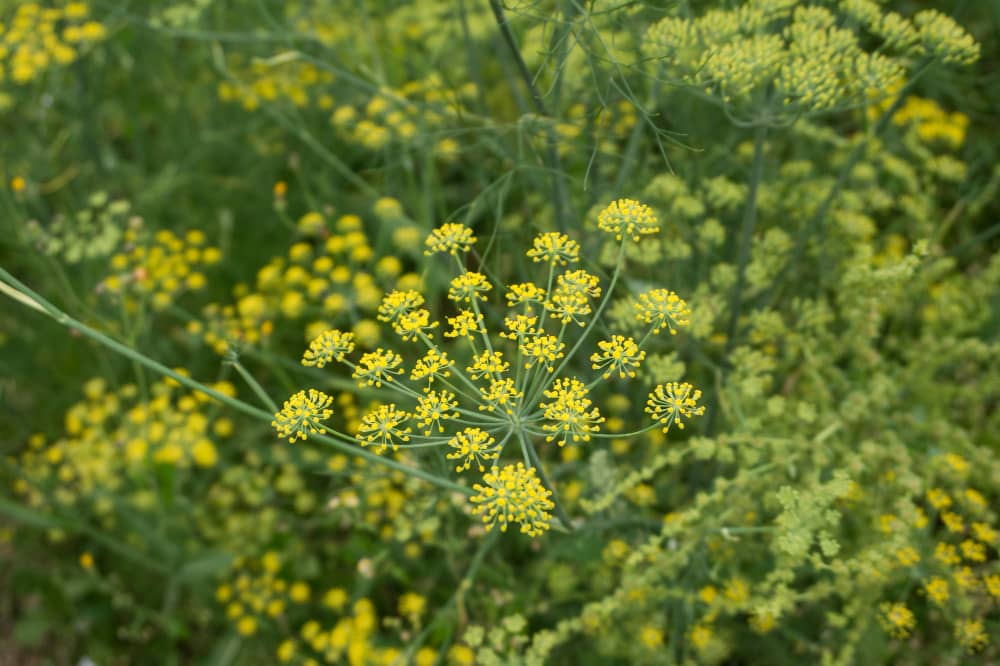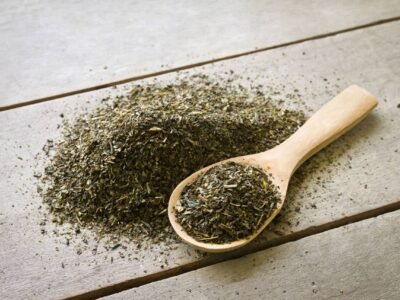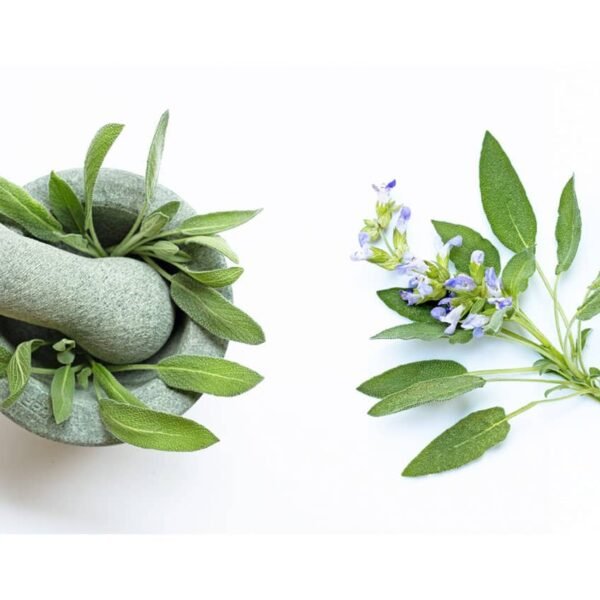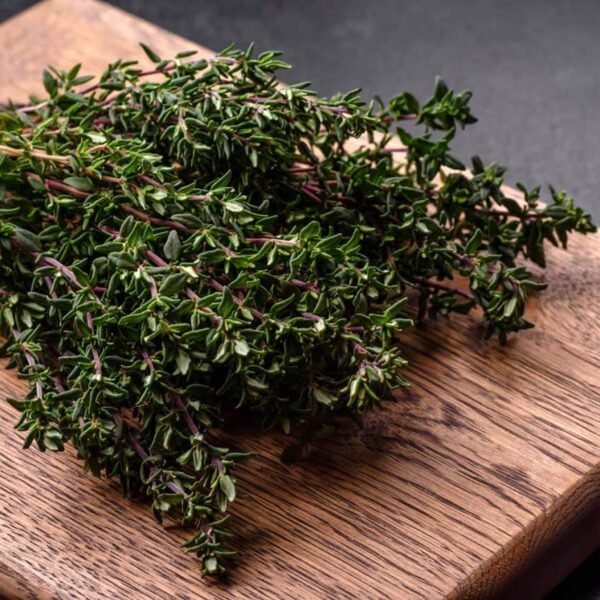Fennel, a flowering plant native to the Mediterranean region, is not only a delicious addition to many dishes but also boasts an impressive array of health benefits. This aromatic herb, known for its licorice-like flavor and unique texture, has been used for centuries as both a culinary ingredient and a medicinal herb. From aiding digestion to promoting healthy skin, fennel offers numerous advantages that make it worth incorporating into your diet.
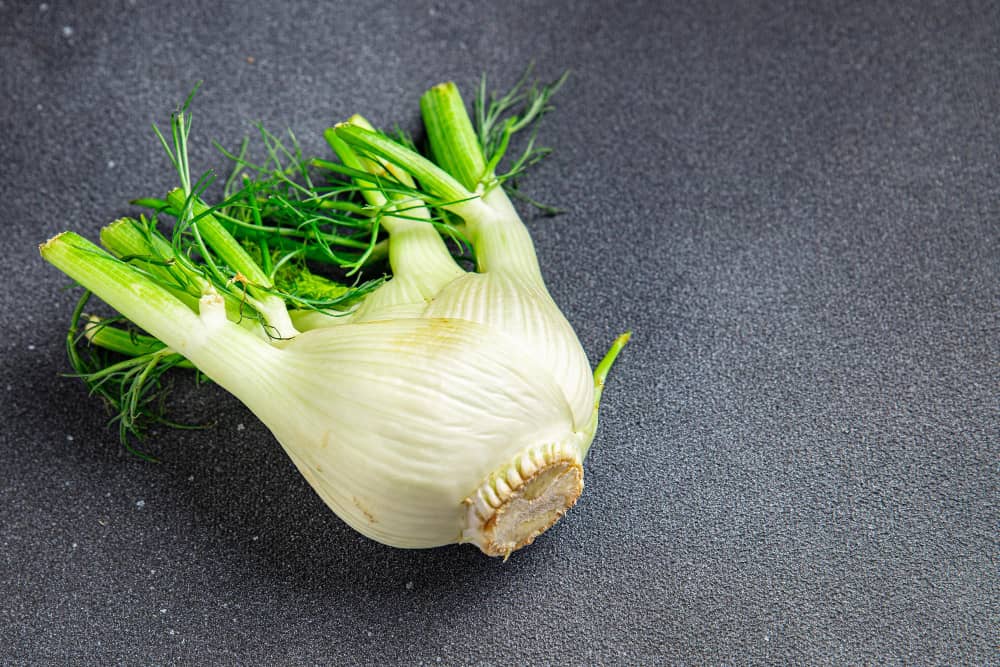
Overview of Fennel
Fennel, a versatile and aromatic herb, has been utilized in various culinary traditions worldwide for centuries. Known for its distinctive licorice-like flavor and crunchy texture, fennel adds a unique dimension to dishes and has long been cherished for its medicinal properties.
This article provides an overview of fennel, exploring its origins, nutritional profile, culinary uses, as well as its potential health benefits. Whether you’re a seasoned chef looking to experiment with new flavors or simply curious about incorporating more nutritious herbs into your diet, this comprehensive guide will equip you with all the knowledge needed to embrace the wonders of fennel in your kitchen.
Health Benefits of Fennel
Fennel, scientifically known as Foeniculum vulgare, is a flowering plant that belongs to the carrot family. It is native to the Mediterranean region but is now widely cultivated and used in various cuisines around the world. Fennel has a unique taste that can be described as sweet and slightly licorice-like, which adds depth and flavor to dishes.
One of the most notable health benefits of fennel is its ability to aid digestion. It contains anethole, a component that helps relax and soothe the muscles of the gastrointestinal tract, relieving symptoms such as bloating, indigestion, and flatulence.
In addition, fennel acts as a natural diuretic due to its high water content and potassium levels, promoting healthy kidney function by increasing urine production and flushing out toxins from the body.
Furthermore, fennel is rich in antioxidants like vitamin C and flavonoids that help protect against oxidative stress caused by free radicals in the body. These antioxidants have anti-inflammatory properties that may reduce inflammation-related conditions such as arthritis or asthma.
Additionally, fennel’s fiber content supports healthy cholesterol levels by reducing low-density lipoprotein (LDL) or “bad” cholesterol absorption in the intestines while promoting high-density lipoprotein (HDL) or “good” cholesterol production.
Types of Fennel
Fennel, a flowering plant in the carrot family, is widely known for its aromatic and flavorful properties. There are three main types of fennel: Florence fennel, wild fennel, and bronze fennel.
Florence fennel, also called finocchio or sweet anise, is cultivated mainly for its bulbous stem. This type of fennel has a crisp texture and a mild licorice-like flavor. It can be enjoyed both raw in salads or cooked in various dishes such as soups, stews, and stir-fries. The fronds of Florence fennel are also edible and can be used as a garnish or incorporated into recipes to add an extra layer of herbal freshness.
Wild fennel, on the other hand, grows naturally across many regions from Europe to Asia. It is taller than Florence fennel and features feathery foliage with yellow flowers that resemble dill. Wild fennel seeds are commonly used as a spice due to their intense aroma and taste, reminiscent of licorice or aniseed.
They can be added to breads, sauces, sausages, pickles or infused into teas for their unique flavor profile. Additionally, the leaves can serve as an herbaceous addition to salads or seafood dishes.
Lastly, bronze fennel is primarily grown for ornamental purposes due to its striking dark purple-bronze foliage.
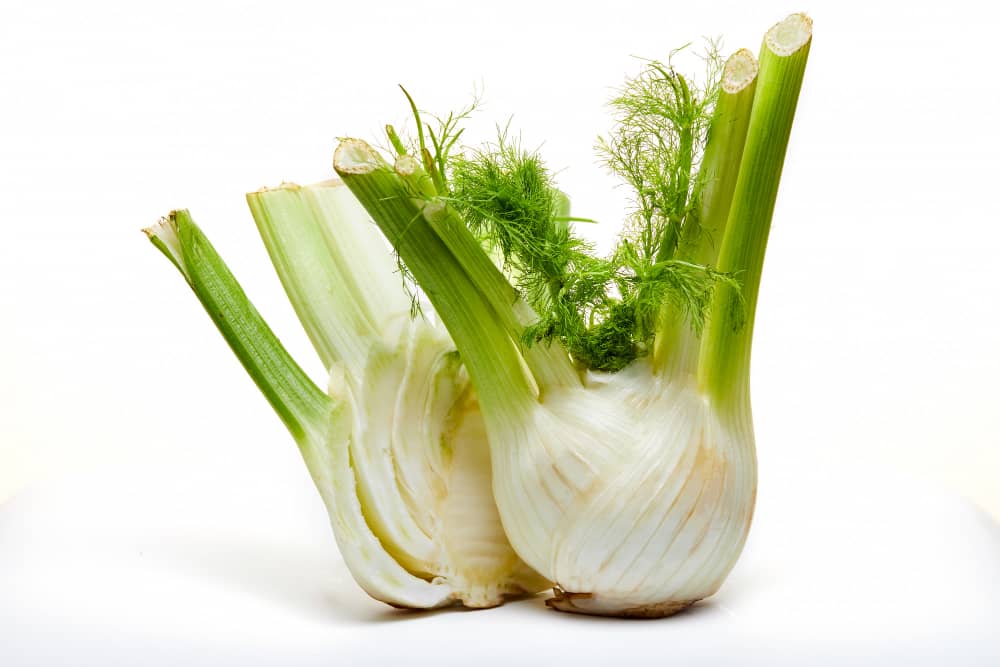
How to Cook with Fennel
Fennel, a fragrant and flavorful herb, is a versatile ingredient used in various culinary dishes. It is characterized by its bulbous white base and feathery green leaves, both edible. Fennel has a distinct taste that is often described as slightly sweet with hints of licorice or anise. This unique flavor makes it an excellent addition to savory and sweet recipes.
When cooking with fennel, the first step is to clean and trim the bulb. Remove any tough outer layers and cut off the stalks, reserving the fronds for garnish if desired. The bulb can be sliced or chopped and used in numerous ways – roasted, sautéed, braised, or even eaten raw in salads for a crisp texture.
Additionally, fennel seeds are commonly used as a spice in many cuisines worldwide. These small seeds provide an intense flavor when toasted or ground up before adding them to dishes like soups, stews, sauces, or marinades.
Pairing flavors with fennel complements ingredients such as citrus fruits (particularly oranges), seafood (especially fish), pork, chicken, tomatoes, garlic, onions, dill weed, thyme, and parsley.
Various cooking techniques bring out different aspects of fennel’s flavor profile: roasting enhances its natural sweetness while sautéing adds depth through caramelization.
Different Uses for Fennel
Fennel is a versatile herb used for centuries in various cuisines and traditional medicine. Its unique flavor profile, often described as sweet and licorice-like, adds depth to dishes and makes it a popular ingredient in many recipes. However, fennel can be used for more than just enhancing food taste.
One of the most common uses for fennel is as a natural remedy for digestive issues. The plant contains compounds that can help relieve symptoms such as bloating, gas, and indigestion. It can be consumed in different forms, such as brewed into a tea or eaten raw or cooked.
Another interesting use for fennel is its potential anti-inflammatory properties. Some studies suggest that the antioxidants in fennel may help reduce inflammation, which could benefit those with chronic conditions like arthritis or inflammatory bowel disease.
In addition to these uses, fennel can also be incorporated into skincare routines due to its antibacterial properties. It may help cleanse and tone the skin when used topically or added to homemade facial masks or cleansers.
Overall, fennel offers a range of uses beyond culinary purposes. From aiding digestion to potentially reducing inflammation and even benefiting skincare routines – this herb proves to be much more than just an aromatic addition to dishes.
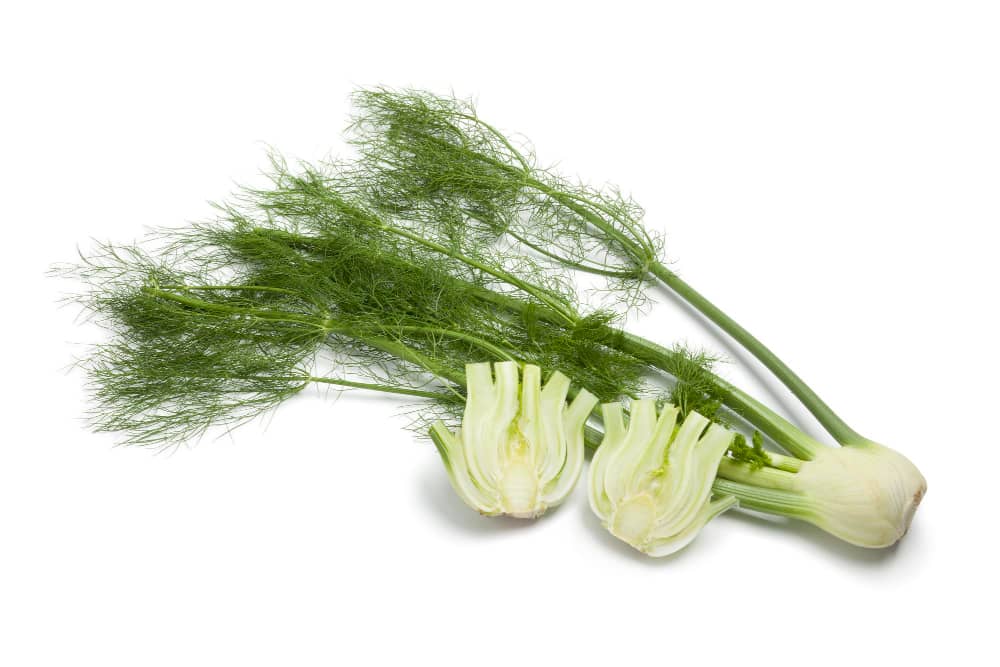
Interesting Facts about Fennel
Fennel is a flowering plant species that belongs to the carrot family, Apiaceae. It is native to the Mediterranean region but is now widely cultivated and used in various cuisines worldwide. Fennel has a unique taste and aroma, often described as sweet and licorice-like.
One interesting fact about fennel is its versatility in culinary applications. Different parts of the plant can be used for various purposes. The bulb resembles a white onion or celery and is commonly consumed raw or cooked in salads, soups, stews, and stir-fries.
The feathery fennel fronds are often used as an herb or garnish to flavor dishes. Additionally, fennel seeds are commonly used as a spice and have a slightly sweeter taste than the rest of the plant.
Another fascinating aspect of fennel is its historical significance and traditional uses. Fennel has been esteemed for centuries for its medicinal properties. In ancient times, it was believed to have magical powers and was associated with protection against evil spirits.
Moreover, it has been traditionally used as a digestive aid due to its carminative properties that help alleviate bloating and indigestion. These historical uses highlight the cultural significance of fennel beyond its culinary applications.
Conclusion
In conclusion, Fennel is a versatile and aromatic herb used for centuries in various cultures for its culinary and medicinal properties. From its feathery green fronds to its crunchy bulb, every part of the fennel plant offers a unique flavor profile that can enhance dishes ranging from salads to soups. Not only does fennel add a refreshing and slightly sweet taste, but it also provides numerous health benefits.
Rich in vitamins A and C and fiber, fennel supports healthy digestion and boosts the immune system. Additionally, it contains essential minerals like potassium, calcium, and iron.
The essential oils found in fennel have been shown to possess antimicrobial properties that can help fight off harmful bacteria and fungi. Moreover, fennel has traditionally been used to alleviate symptoms such as bloating, gas, and indigestion.
In conclusion, incorporating fennel into your diet adds flavor and provides several health benefits. Whether you use it raw in salads or cooked in various dishes, this versatile herb will elevate your culinary experience while promoting overall well-being. So next time you’re looking for a new ingredient to spice up your meals or improve your digestive health, give fennel a try!

